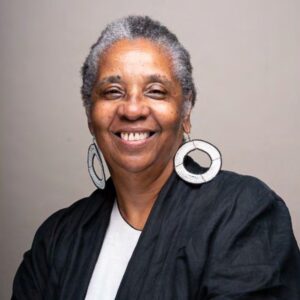
Ritual is a Means of Remembering the Human Spirit
Many of us are familiar with the scripture from Jeremiah 1:5: “before you were formed in your mother’s womb, I knew you” (NIV). It reminds us of the immortal aspect of our human spirit. In the context of West African cosmologies, it is our spiritual essence that is with the Creator before we become human. That is to say, the aspects of our personhood which are in alignment with the cosmic design for harmony, justice, reciprocity, and balance.
There are specific rituals that emphasize this immortal aspect of our being. Some of these rituals are commonplace in cultural expressions, like when we decide to name a child after a loved one who has passed away; remarking on that immortal aspect of that life that lives on and honors the family.
So, we say to folks as ritual: “Say your name and say the names of the ones who named you!” This is a ritual of introduction. We see it in the South African ritual of greeting, “Sawubona,” which means I see you. I see you, your spiritual essence and all those in your lineage who carry this same essence.
Libation is another ritual we find in the Bible and in multiple cultural traditions where the immortal aspect of our human spirit is recalled, elevated, and remembered as good for those who are in the present. In a libation, we invoke their name as a way of calling upon that immortal aspect of our being.
We can construct rituals that remind us that we all come here with an immortal character. A way of being that is not contingent upon where we live, our social or economic status, our physical abilities nor our ethnic or gender identity. Nothing about our social location was “known” by our Creator to determine our Divine Consecrated Identity. Surely, we can consider this when we think about the social location of Hagar or the young brother Joseph, Mary, or Paul. Our social location can affect our consecrated self, but it does not determine it. Ritual can remind us of who we are when our social location attempts to derail us. Ritual calls forth our consecrated identity, the divine self before we were in our mother’s womb.
Leave a Reply